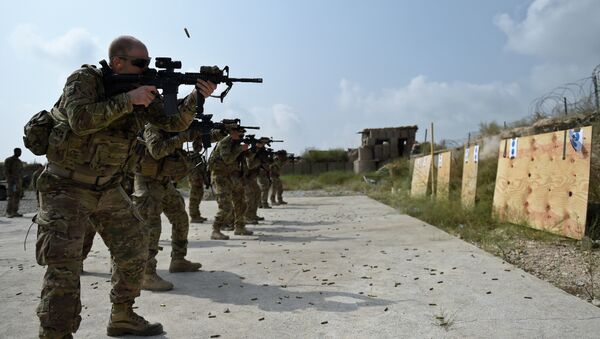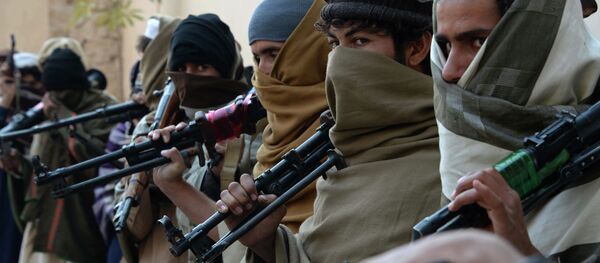The unit is alleged to have killed up to 18 Afghan civilians in the Nerkh and Maidan Shahr districts of Afghanistan's central-eastern Wardak province, while an Amnesty International (AI) report looking into the deaths found "abundant and compelling evidence of war crimes," along with an overall lack of accountability from international forces when it came to civilian deaths.
US Military Justice System ‘Deeply Flawed'
The AI report also concluded that the US military justice system was "deeply flawed" and that it didn't provide adequate opportunities for the families of victims to seek justice.
AI Asia director Richard Bennett said although he was pleased the US had decided to re-open their investigation into the deaths, the case had been handled incredibly poorly.
"This is a welcome but overdue move by US military authorities. It is shocking that the Afghan victims' family members are still waiting for justice, despite overwhelming evidence that the Nerkh and Maidan Shahr killings amounted to war crimes."
"The investigators must carry out a rigorous and thorough inquiry, including interviews with former prisoners detained by the unit and family members of those who were killed. It is also crucial that family members are kept informed as the investigation progresses.
"This case, albeit extremely serious, is one of many. We have seen again and again how the US military justice system fails to investigate and prosecute serious violations of international humanitarian law in a prompt, fair and impartial manner."
Calls for Judicial System Overhaul
Critics have called for an overhaul of the US military's judicial practices, arguing in favor of appointing civilians who don't have links to the military to make prosecutorial decisions when dealing with cases involving civilian casualties.
Washington has faced increased criticism over its investigations into atrocities committed in war zones, with Dr. David Gibbs from the University of Arizona telling Sputnik that there was a tendency to cover up military errors.
"They [military atrocities] are certainly much more common than we hear about them," he said.





